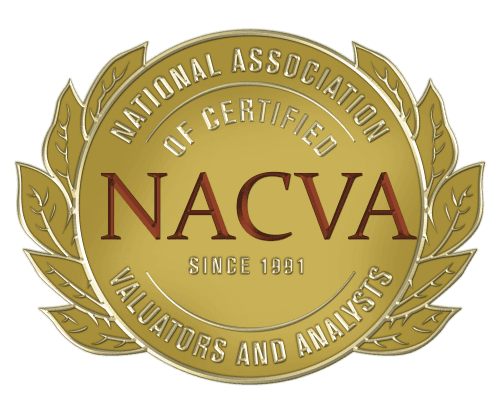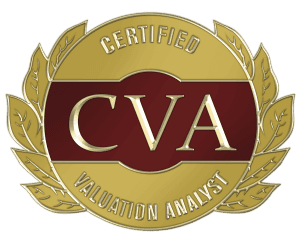Business Valuations
BUSINESS VALUATIONS:
The value or worth of an interest in a privately held company, as opposed to stock in a public company, is usually unknown because there is no active market to sell or trade that interest from which to approximate a value. Value determinations are commonly needed to calculate estate tax upon death, split up family assets in a divorce, or negotiate value in a purchase, sale, or merger of a business enterprise. Besides these, there are many reasons why the holder of an interest in a privately held company might require a business valuation.
A properly prepared business valuation provides management with insightful information that helps identify company strengths and weaknesses that affect value, allowing management to more effectively focus its energies in places that really count. A business valuation, prepared periodically, also serves as a management tool that helps owners evaluate overall progress towards goals and management effectiveness.
Regardless of the client need, our expert valuation services have one common thread –to arm the client with reliable, unbiased, timely information in order to make informed decisions.
Valuations are performed to determine company or stock value for:
- Buy/Sell Agreements
- Charitable Contributions
- Divorce
- Dissenting Shareholder Actions
- Employee Stock Ownership Plans (“ESOPs”)
- Estate Planning and Determinations
- Family Limited Partnerships
- Gifting Programs and Gift Taxes
- Life Insurance
- Partner Disputes and Split-Ups
- Purchase, Sale, Merger of a Division or Subsidiary
- Succession/Exit Planning
- Venture Capital and Other Forms of Financing
A properly prepared business valuation provides management with insightful information that helps identify company strengths and weaknesses that affect value, allowing management to more effectively focus its energies in places that really count. A business valuation, prepared periodically, also serves as a management tool that helps owners evaluate overall progress towards goals and management effectiveness.
Regardless of the client need, our expert valuation services have one common thread –to arm the client with reliable, unbiased, timely information in order to make informed decisions.



